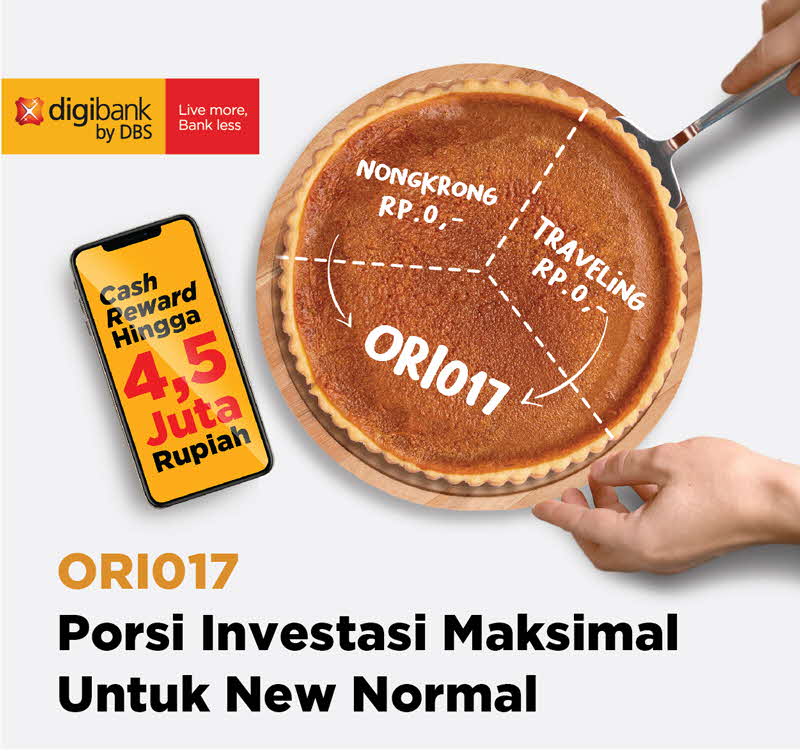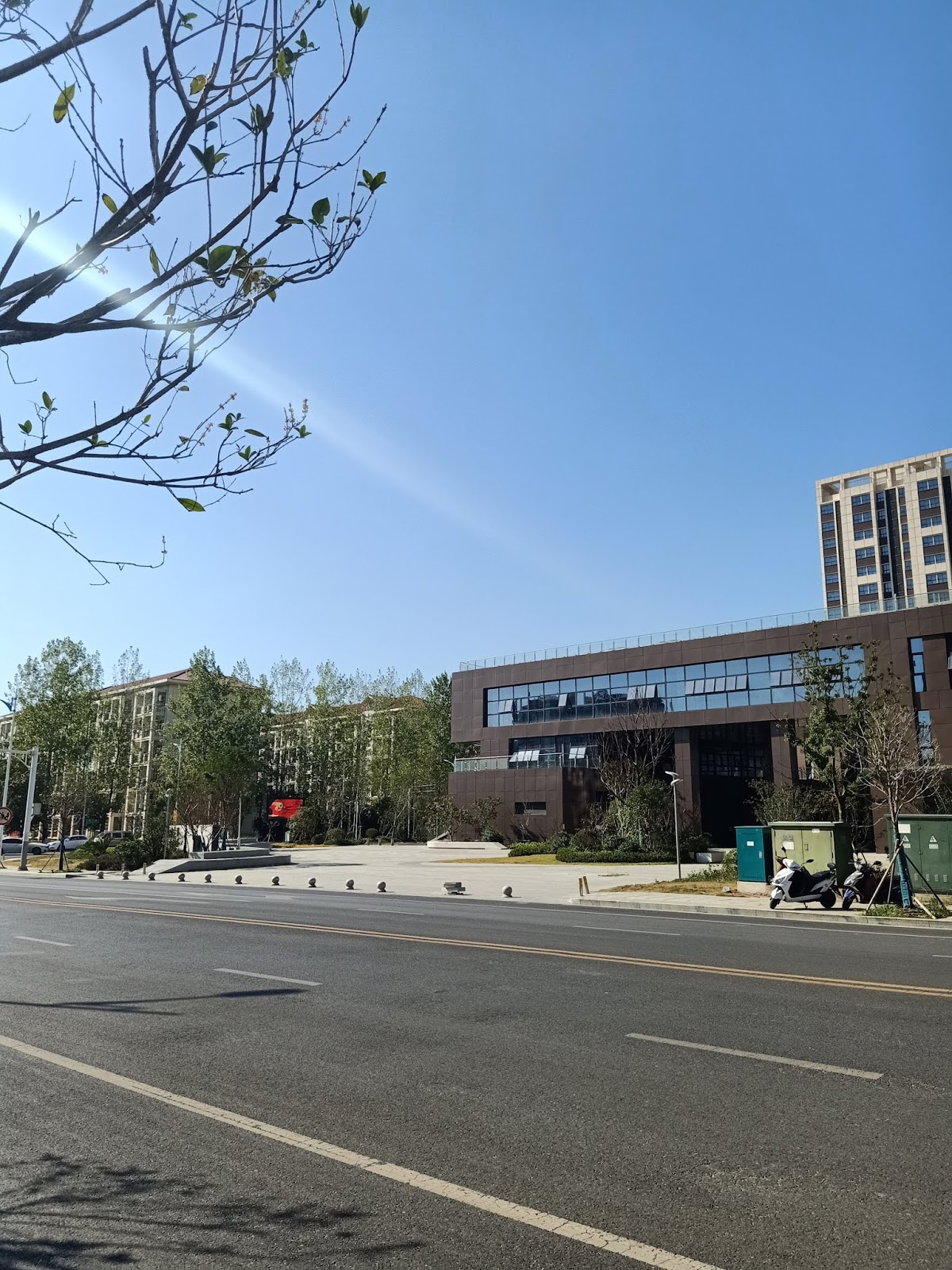When we talk about a list of economic principles, this most commonly
refers to Gregory Mankiw’s “Ten Principles of Economics.” The list is a
set of principles about the way economics should work. The 10
principles are divided into three categories: decisions people make,
the work of the economy as a whole and people interactions. 10
principles of economy is the very basic principle that can be applied
in our daily life from all ages, even for student like me.
This time, I’m going to elaborate the 10 principles of economics decision making, how it improve my decision making.
This time, I’m going to elaborate the 10 principles of economics decision making, how it improve my decision making.
Principle 1: PEOPLE FACE TRADEOFFS
With Economy, it become easier for me to decide what am I going to take
to reach my goals. I believe everyone in this world has their own
goals. We all have it. Something that want to achieve before some
period of time. We also have our own different way to achieve it. Some
people who likes to challenges themselves will choose to take harder
path, while some risk-averse person would avoid that. Making decisions
requires trading-off one goal against another.
For example like one of my goals, presumably, is to obtain a well-rounded liberal education. Taking Double Degree in China is one of the means I have chosen to that end. This also implies subsidiary means-ends relationships. Suppose one of my goals is “passing double degree.” Reading the textbook, listening to the teacher, individual study, doing the assignments, coming to class, and visiting the peer tutor are means to that end. But, it has to be done effectively and efficiently in order to reach my goals just in time.
For example like one of my goals, presumably, is to obtain a well-rounded liberal education. Taking Double Degree in China is one of the means I have chosen to that end. This also implies subsidiary means-ends relationships. Suppose one of my goals is “passing double degree.” Reading the textbook, listening to the teacher, individual study, doing the assignments, coming to class, and visiting the peer tutor are means to that end. But, it has to be done effectively and efficiently in order to reach my goals just in time.
Principles 2: THE COST OF SOMETHING IS WHAT YOU GIVE UP TO GET IT.
Since we all do tradeoffs, people would normally would seek cost and
benefits that their action going to incur. For every action that we do,
one has to sacrifice something. To get something one has to sacrifice
other thing. For example, a country can spend its maximum resources for
its defense but at the same time, it has to sacrifice the maximum
spending for the country welfare. A society also faces tradeoffs
between the Efficiency and Equity. The government generally tax rich
people so that it can get the money from them and use it for the
welfare of the poor people; this brings the equity but reduced the
efficiency. This is called Opportunity cost.
With economy, I am able to decide which one that I should willing to give up in order to reach something. I learn how to make decision that is going to lead who will I be in the future. Taking one example that I have experienced, Now I come to China to do study and reach my double degree program. It simply means that I have to leave Indonesia and of course, spend a huge amount of money and time. My opportunity cost is money and time, which I had given up for the my double degree program.
With economy, I am able to decide which one that I should willing to give up in order to reach something. I learn how to make decision that is going to lead who will I be in the future. Taking one example that I have experienced, Now I come to China to do study and reach my double degree program. It simply means that I have to leave Indonesia and of course, spend a huge amount of money and time. My opportunity cost is money and time, which I had given up for the my double degree program.
Principle 3: RATIONAL PEOPLE THINK AT THE MARGIN
People make trade-offs. Economic analysis is incremental: when we make
decisions, we will compare the costs and benefits of a little bit more
or a little bit less of something. We don’t usually make sweeping
categorical decisions about what is good or what is bad. I generally
won’t decide that studying economics is Always Good (otherwise, I would
study economics 24 hours a day) or Always Bad (otherwise, I would not
study economics at all). I will compare, for example, the cost of an
additional evening spent studying International Economy subject to the
benefit of and additional evening studying accounting.
Generally, people will do everything for which the marginal benefit exceeds the marginal cost and nothing for which the marginal cost exceeds the marginal benefit. The decisions we should make ultimately depend on our goals and values. Economics as such cannot tell us whether we should spend the next minute, the next hour, or the next day studying economics, studying physics, updating our Facebook page, or sleeping, but it can tell us that we’re making a trade-off. One always does small changes in their plan of action to achieve maximum benefits from the process. This small change known as the marginal changes as it take place around edges.
For example, I was going to Atma Jaya University in Indonesia, and then there was an offer from my international office that Nanjing Xiaozhuang university has double degree program. I was interested at the time, but I wasn’t directly make the decision to join the double degree program instead doing my research about the university first. When I do research, here’s what I found when join the double degree program:
Generally, people will do everything for which the marginal benefit exceeds the marginal cost and nothing for which the marginal cost exceeds the marginal benefit. The decisions we should make ultimately depend on our goals and values. Economics as such cannot tell us whether we should spend the next minute, the next hour, or the next day studying economics, studying physics, updating our Facebook page, or sleeping, but it can tell us that we’re making a trade-off. One always does small changes in their plan of action to achieve maximum benefits from the process. This small change known as the marginal changes as it take place around edges.
 |
| Nanjing Xiaozhuang University |
For example, I was going to Atma Jaya University in Indonesia, and then there was an offer from my international office that Nanjing Xiaozhuang university has double degree program. I was interested at the time, but I wasn’t directly make the decision to join the double degree program instead doing my research about the university first. When I do research, here’s what I found when join the double degree program:
Benefits for taking double degree:
- If I join double degree, I got 2 degrees.
- Besides have two degrees, I also get more experience, not only study in China but also life in China, be able to get to know about the country, the culture, habits and many more.
- If we are smart enough to manage money, the living cost in china could be lower than in Indonesia, especially in my province, Yogyakarta.
- I also found out that the cost in Nanjing Xiaozhuang University is way more cheap than in my former university. Let say that in my base university, in a year I should pay the tuition fee of Rp. 30.000.000,00 or RMB. 15.000, while in Nanjing Xiaozhuang I only need to pay RMB 4000, covered up by the government scholarship.
Considering the research that found, I think I will gain the most If I
take double degree program instead of just staying in my former
university. The thing that I actually consider the most is the degree
and also for additional, the scholarship. I think this is a good
opportunity to me and it would be waste if I did not take it. Final
decision: I choose what benefits me the most, that is taking double
degree program in Nanjing Xiaozhuang University.
Principle 4: PEOPLE RESPOND TO INCENTIVES
Incentives motivate people to do action. We will do more of something
as the cost falls, and we will do less of it as the cost rises, just
like the law of demand. Similarly, we will try to supply more of
something that gets more remunerative and less of something that gets
less remunerative just like the law of supply. Prices are some of the
most important incentives in economics. The price is the number of
money that have to be traded for something (RMB 15 for a cup of coffee,
for example). Market prices emerge from the interactions of buyers and
sellers.
Behaviours of any person or firm changes according to the environmental
variables like benefits or cost changes. For example: If the cost of
the orange increases then the consumer will shift towards apples, as
cost of orange is high. In this principle, I learn that in order to use
money efficiently. Christmas in one day in the entire year, that is on
December 25th. During this day, people are expected to eat pork. To add
to this tradition, it is a national holiday for Christians in my
country. As we can imagine, the demand for Christmas traditional meal;
pork, increases drastically before Christmas.
 |
| Source: Google |
Before and after Christmas (D1), people who demanded pork wanted it for
a normal meal. The demand was not particularly elastic nor inelastic.
On Christmas day (or a few days before), demand for pork increases
(D2). People now want pork for their meal, no matter the price. In
addition to the increase in demand, demand becomes inelastic. With this
shift in demand to the right, the price for pork increases drastically,
as well as the quantity demanded.
For some people, changes in price doesn’t really matter as long as they can get what they want. But also, for some people of course this is such a problem. With the same amount of money why can’t we get the same quantity?. Then, how to overcome this problem?. The answer is simple. Find the substitution for pork. On Christmas people eat pork, but when we think the price is out of logic, we can substitute pork with another meat, such as cow’s meat, or maybe chicken because the demand is remain stabile and the price of the cow and chicken is not increasing.
For some people, changes in price doesn’t really matter as long as they can get what they want. But also, for some people of course this is such a problem. With the same amount of money why can’t we get the same quantity?. Then, how to overcome this problem?. The answer is simple. Find the substitution for pork. On Christmas people eat pork, but when we think the price is out of logic, we can substitute pork with another meat, such as cow’s meat, or maybe chicken because the demand is remain stabile and the price of the cow and chicken is not increasing.
Principle 5: TRADE CAN MAKE EVERYONE BETTER OFF
Trade is a kind of voluntary cooperation, and it makes us wealthier.
This happens in two ways. First, we know that since people act, they
will only do things if they expect it to make them better off. If I
trade RMB250 for a ticket to see the Eric Chou concert, I infer that it
is because I expect to prefer the concert to anything else I could have
done with the RMB250. This is not to say that people won’t make
mistakes from time to time—we have all rented a terrible movie or
ordered something at a restaurant that we didn’t like—but in general,
trade will make us better off. The second way trade makes us better off
is by increasing our productivity.
According to the law of comparative advantage, when people specialize and trade, they can produce more output with the same inputs. Similarly, they can produce the same outputs with fewer inputs. In either case, people have more resources with which to attain their goals. This has an important implication that echoes a thought originally expressed by Adam Smith: people are more likely to help you achieve your goals if you help them achieve theirs
According to the law of comparative advantage, when people specialize and trade, they can produce more output with the same inputs. Similarly, they can produce the same outputs with fewer inputs. In either case, people have more resources with which to attain their goals. This has an important implication that echoes a thought originally expressed by Adam Smith: people are more likely to help you achieve your goals if you help them achieve theirs
Principle 6: MARKETS ARE USUALLY A GOOD WAY TO ORGANIZE ECONOMIC
ACTIVITY
Market Economy is the concept where a centralized judgment planner is
substituted by judgement of millions of households and firms. The place
where the households and firm can communicate with each other for
services and goods is known as market and it is taken place under the
influence of the price and self-interest, which helps them to take
decision. For example: Taxes that impose by the government always
change the goods price and decision of producer and consumers.
Individuals and firms that operate in a market economy respond to
prices and thereby act as if guided by an “invisible hand” which leads
the market to allocate resources efficiently.
For example, if there is an oversupply of wheat on the world market then individual farmers will lower the price they charge until they can sell all of their wheat. Lower wheat prices will also likely reduce the total quantity of wheat that farmers decide to produce. Market prices are able to adjust to equate supply and demand without the need for any central planning.
For example, if there is an oversupply of wheat on the world market then individual farmers will lower the price they charge until they can sell all of their wheat. Lower wheat prices will also likely reduce the total quantity of wheat that farmers decide to produce. Market prices are able to adjust to equate supply and demand without the need for any central planning.
Principle 7: GOVERNMENTS CAN SOMETIMES IMPROVE MARKET OUTCOMES
When a market fails to distribute the resources efficiently, it is
known as market failure, which decreases efficiency. Government impose
some rules to improve the market. Sometimes a market may fail to
allocate resources efficiently, and government regulation can be used
to improve the outcome. Market failures can occur due to the existence
of public goods, monopolies and externalities. For example, an
electricity supplier might have a monopoly. Government regulation may
be required to ensure that the supplier does not abuse its market
power. Government actually helps the market to improved better.
When talking about it, we also talking about the other benefits that given from the government, that is Scholarship. I think education is very expensive. In Indonesia there are a lot of scholarship offers in order to make a well educated country. Those who are smart and handwork student, and also has full of achievement can go to university for free. This indirectly benefits two side, the market itself that is the university because they get some smart and hard work student, while the student doesn’t need to pay the tuition fee for the university.
When talking about it, we also talking about the other benefits that given from the government, that is Scholarship. I think education is very expensive. In Indonesia there are a lot of scholarship offers in order to make a well educated country. Those who are smart and handwork student, and also has full of achievement can go to university for free. This indirectly benefits two side, the market itself that is the university because they get some smart and hard work student, while the student doesn’t need to pay the tuition fee for the university.
Principle 8: A COUNTRY’S STANDARD OF LIVING DEPENDS ON ITS ABILITY
TO PRODUCE GOODS AND SERVICES
The living standard in the country is depends upon the country
producing capacity. In country where, more goods and service are
produced in a unit time their standard of living is high as compared to
the people with less productivity. Living standard of China is not
really different with Indonesia, even thought we still see some price
gap for the necessity product that sell internationally like shampoo,
soap, food and so on.
In Indonesia, the an international brand of shampoo’s price could be like Rp.40,000.00 or RMB 19, but in China, the exact same brand, size and characteristic of shampoo could be sell at RMB 50. That’s what the price different of necessity product. But for daily meal, local product, and everything that made in China, its very cheap!. Really cheap. Since I come to China I decided to use all made in china product because the price is lower, yet the quality is not bad.
In Indonesia, the an international brand of shampoo’s price could be like Rp.40,000.00 or RMB 19, but in China, the exact same brand, size and characteristic of shampoo could be sell at RMB 50. That’s what the price different of necessity product. But for daily meal, local product, and everything that made in China, its very cheap!. Really cheap. Since I come to China I decided to use all made in china product because the price is lower, yet the quality is not bad.
Principle 9: PRICES RISE WHEN THE GOVERNMENT PRINTS TOO MUCH MONEY
Inflation is the state in which the price level increases in the
economy. Inflation occurs when the supply of the money, which is under
the hood of government, increased drastically in compare to the
accessibility of services and goods in the markets. When the government
produce high quantity of nation’s money, than it has loose its value.
the quantity of money increases and each unit of money therefore
becomes less valuable. As a result, more money is required to buy goods
and services. To solve this such a problem, government usually create
Bonds. It basically some kind like a piece of paper than written the
amount of money and the interest rate. So we buy the ownership of the
paper and they got our money. What’s the benefit then? The benefit for
us the buyer is the interest rate, and the benefit from the government
is to reduce the amount of money that flows too much.
Decision making also occurred when inflation happen. When interest rate increase in bank, it will be better to save money on bank. People become more interested to invest the money on bank, rather than only keep it in their wallet. Then, the decision occurs whether to only keep the money on their wallet (which is resulted in no gain at all) or to deposits the money to the bank, which will benefit them interest rate.
Principle 10: SOCIETY FACES A SHORT-RUN TRADEOFF BETWEEN INFLATION
AND UNEMPLOYMENT.
Reducing inflation often causes a temporary rise in unemployment. This
tradeoff is the key to understanding the short-run effects of changes
in taxes, government spending and monetary policy. Policy that are
making, to reduce the inflation led to increase in unemployment and
policy to reduce unemployment led to increase in inflation this
properly describe in Philip curve. This concept ends in 1970 when
inflation and unemployment co-existed at their maximum peak. The
relationship between the inflation and unemployment is temporary.
Heyne, Paul. 2012. Way Of Thinking.12e. Pearson.
https://www.slideshare.net/sareenaikbal/economics-and-decision-making
https://medium.com/blank-101/economics-in-everyday-life-4e8c0373e9ef
https://www.investopedia.com/terms/e/economy.asp
Rs 2020.








































































